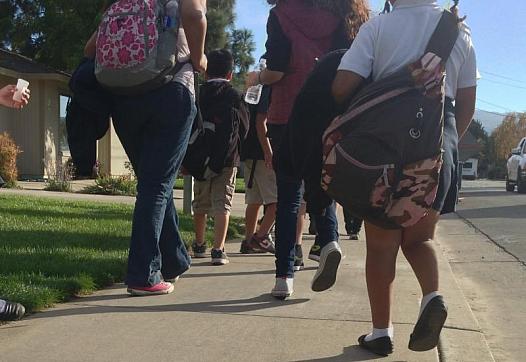
Multi-tier support is helping to lower suspension numbers, but Latinos are still disproportionately represented in suspensions and dropout rates.

Multi-tier support is helping to lower suspension numbers, but Latinos are still disproportionately represented in suspensions and dropout rates.
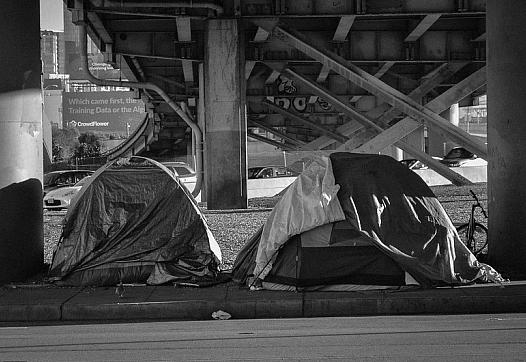
Hard-earned tips on how to stay nimble when current events supplant your grand reporting plans.
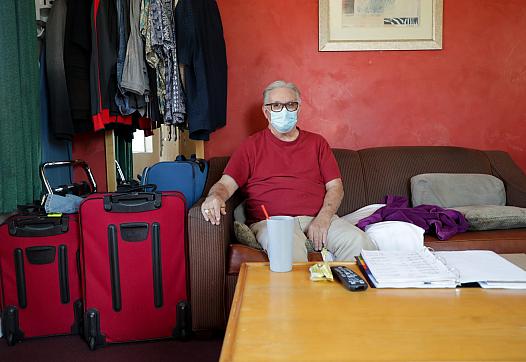
The program sheltered thousands during the pandemic, but money — and time — is running out. Only 5% of clients have found a permanent home.
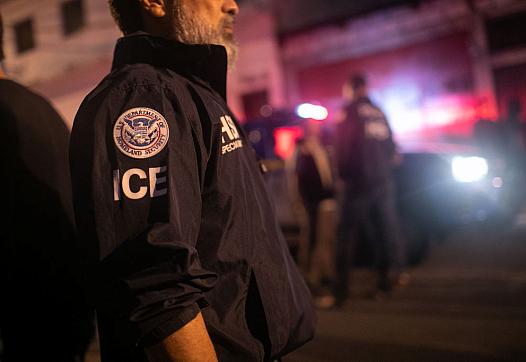
Hard-won lessons from an investigation into ICE's failure to provide adequate medical care to detainees on its privately chartered jets.
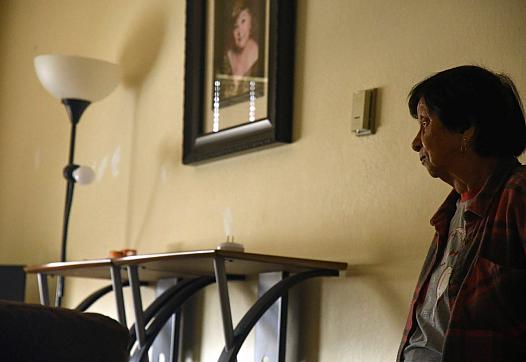
Renters are left out in the cold when their new landlord raises the rent by hundreds of dollars or requires all renters move out before they take over the building.
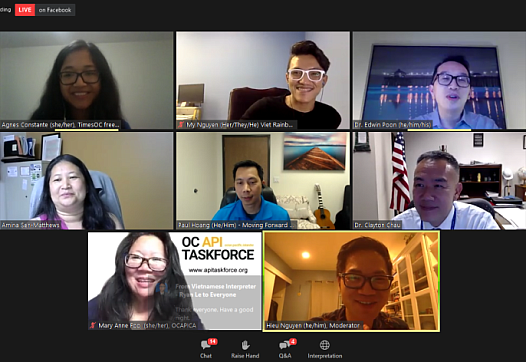
Dr. Clayton Chau, director of the Orange County Health Care Agency, joined a group of Asian American medical providers, officials, advocates and journalists to speak about mental health.
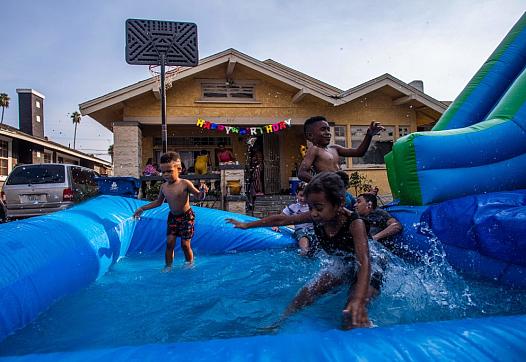
Many of the topics we report on every day benefit when viewed through a child-focused lens.
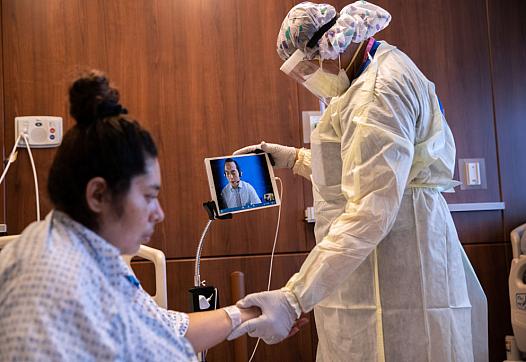
Too many hospitals and clinics buck legal requirements to serve patients in their languages. The failure to communicate can have deadly consequences.

A new article published by the East-West Center outlines how the state can effectively stem the rapidly growing coronavirus cases in the Pacific Islander community.
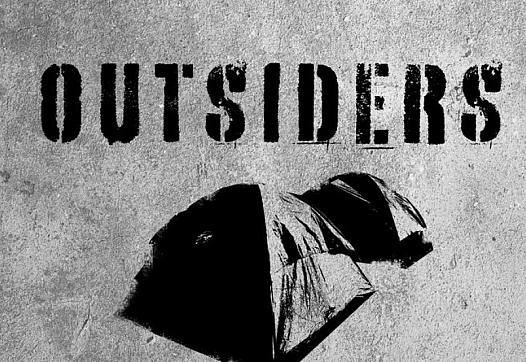
This series started with Jessica. We find out what happened to her.